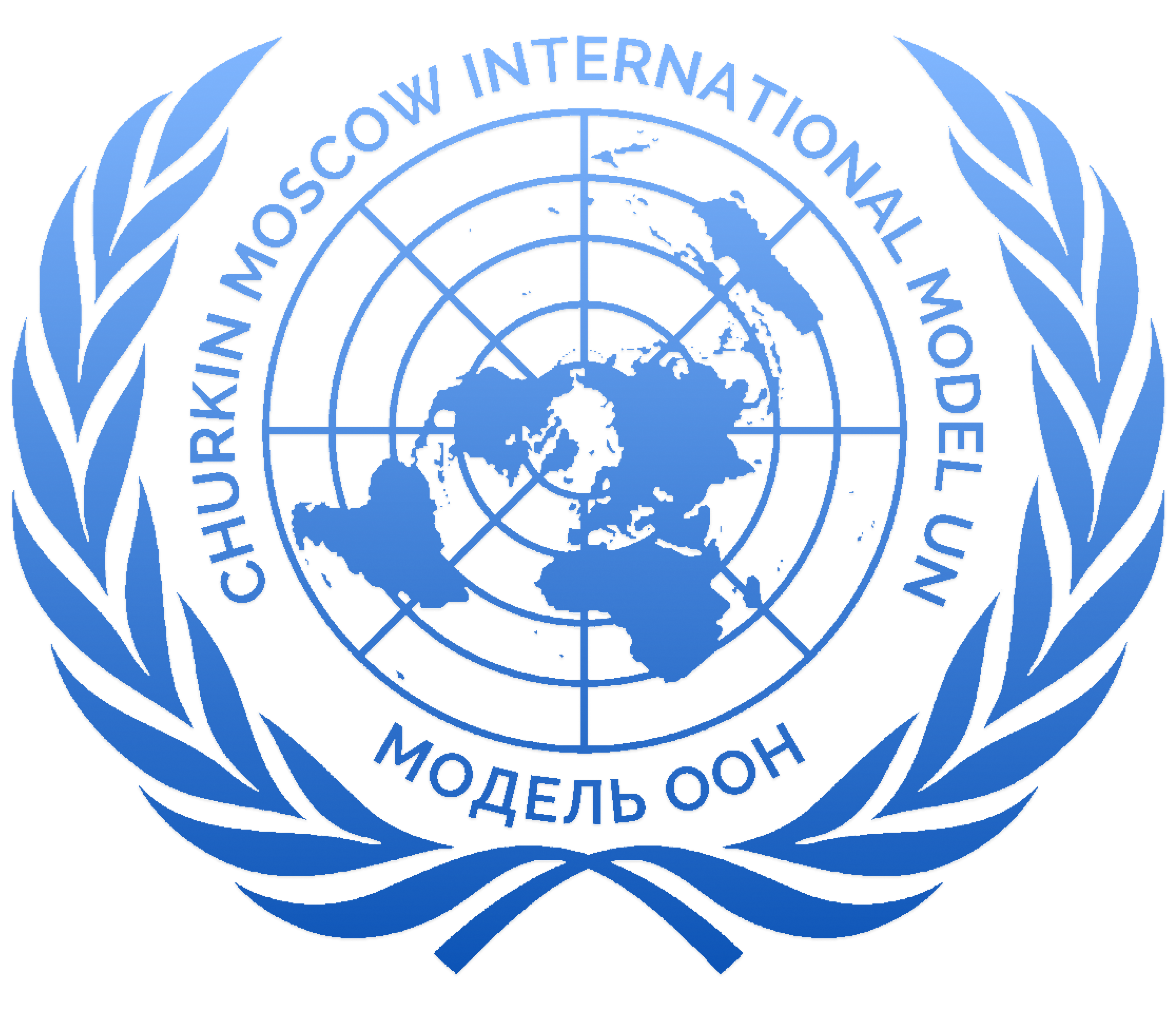- Про Модель ООНКомитетыУчастие
- Про Модель ООН
International Tribunal for the Law of the Sea (ITLOS)
The International Tribunal for the Law of the Sea (ITLOS) is an independent judicial body established by the 1982 United Nations Convention on the Law of the Sea. It has jurisdiction over any dispute concerning the interpretation or application of the Convention, and over all matters specifically provided for in any other agreement which confers jurisdiction on the Tribunal. Disputes relating to the Convention may concern the delimitation of maritime zones, navigation, conservation and management of the living resources of the sea, protection and preservation of the marine environment and marine scientific research.
Agenda: Request of Commission of Small Island Developing States on climate change and international law
registration is closedPresident
Proshina Polina
Vice-president
Viktoria Agryzkova
Working language
English
Delegates and observers
21
Experts
Arthur Babajanian
Mail
itlos@modelun.ruDistinguished delegates,
I have the honour to welcome you on behalf of the President of the International Tribunal for the Law of the Sea.
We face a serious task on the agenda and have to take into account and analyze the interests of individual countries through the prism of international law. In the era of climate change, it is necessary to make urgent decisions and act together.
Our committee is unique in its specifics, you have the opportunity to try yourself as a judge and defend the position of your state. It won’t be easy, but our presidium will do everything possible to bring you to a consensus. Only thanks to your initiative and ideas we will be able to move closer to a sustainable future.
Kind regards,
President of the
International Tribunal for the Law of the Sea
Proshina Polina

Honourable delegates!
I am glad to welcome you to our committee!
C-MIMUN is a place where you can have a great time, make new friends and discuss an interesting agenda.
I hope that the memories you make with us will last a long time!
Respectfully,
ITLOS Vice-President,
Viktoria Agryzkova

Dear Delegates,
Welcome to the International Tribunal for the Law of the Sea at this year’s C-MIMUN. It is an honor, truly, to lead you through one of the most pressing challenges of our era: the profound impact of climate change on international law. Our focus will be on the request for an Advisory Opinion submitted by the Commission of Small Island States, which calls into question the legal obligations of nations in the face of this global crisis.
The discussions ahead will be both challenging and thought-provoking. We’re not just here to engage in academic debate; we’re here to confront real-world issues—head-on. As delegates, you have the rare opportunity to shape the future discourse on international law and environmental protection. What you bring to the table could potentially ripple out into legal frameworks that affect the entire world.
This is more than just a learning experience—it’s a pivotal moment in your journey. Every movement, every breakthrough, starts with a single person willing to speak up. Be that voice. Your insights, your passion, can help forge new paths.
We look forward to working with you as we tackle these important questions together.
Best regards,
Arthur Babajanian
ITLOS Expert

Dear Applicants,
The first step in your application process is an essay based on the expert report you’ve reviewed. This essay is your chance to demonstrate a deep understanding of the agenda. As you write, ensure your analysis aligns with the complexities of the topic at hand. Follow the structure outlined below to guide your argument:
- Introduction and Relevance of the Agenda
Begin by establishing the importance of the issue, especially in the context of international law and climate change.
- Current Situation in the Region
Offer a detailed overview of the present state of affairs, specifically focusing on how this agenda impacts Small Island States.
- Your Opinion on the Problem
Share your informed perspective, highlighting key legal and environmental challenges.
- Proposed Solutions
Present your strategic solutions, grounded in international legal principles, that could guide the Tribunal’s Advisory Opinion.
The ideal length for your essay is between 200 and 400 words. Be concise but insightful, ensuring each section contributes meaningfully to your argument.
Additionally, it is highly recommended to consult the following official sources while writing your essay:
- https://www.un.org/en/
- https://www.itlos.org/en/
- https://www.cosis-ccil.org
If you can’t find the information you need on these sites, try other official sources—avoid relying on Wikipedia for accuracy. You can use Wikipedia as a starting point, but it should never be your main source.
Dear Delegates,
Congratulations on successfully completing your interview! Now comes the critical next step in your journey: preparing your Country’s Position Paper. This document represents your country’s stance on the matter before ITLOS. Remember, this is no longer your personal opinion; from now on, you speak with the voice of your nation, embodying its goals, interests, and diplomatic strategies within the multilateral world.
Your position paper should include three essential components:
- Your Country’s Understanding of the Issue
Detail how your country perceives the problem of climate change and its legal implications under international law.
- Previous Stance on the Topic
Provide examples of your country’s historical or recent actions concerning climate change, particularly in international forums.
- Policies and Desired Outcomes
Outline the policies your country supports and the measures it seeks to include in the Tribunal’s resolution.
All information must be backed by credible and official sources. Wikipedia, while helpful for general knowledge, is not a reliable source for this task and should be avoided.
To guide your writing, ensure your paper answers the following questions:
- How does your country’s history or international relationships relate to the agenda item?
- What is its current policy on the issue, and why?
- What actions has your government taken, and what agreements has it ratified?
- What does your country believe should be done to resolve the issue?
- How might your country’s position evolve based on negotiations with other states?
Additionally, be sure to adhere to these formal requirements:
Font: Times New Roman, size 14
Spacing: 1.5
Word count: 400-500
That’s it! Best of luck, and we look forward to seeing you at the Model!
Country list: Representative: 1 Algeria Alexandra Korneeva 2 Argentina Anna Korotkova 3 Australia Yudina Darina 4 Cabo Verde Matvey Kozlov 5 Cameroon Alina Kakunina 6 Canada Evgeny Silantyev 7 Chile Mariia Fediashina 8 China Ekaterina Bulkunova 9 Jamaica Viktoria Pasaman 10 Japan Emilia Bagan 11 Iceland President 12 India Vice President 13 Italy Valeria Cherednik 14 Malta Ishita Mohindra 15 The Netherlands Anastasia Kurakova 16 Paraguay Peace Timi Hinmikaiye 17 Republic of Korea Egor Loginov 18 Russian Federation Alexandra Fahy 19 Sierra Leone Snezhana Zakharcheva 20 South Africa Michael Simanov 21 Thailand Stepan Dubinchak
